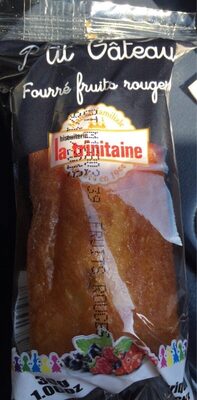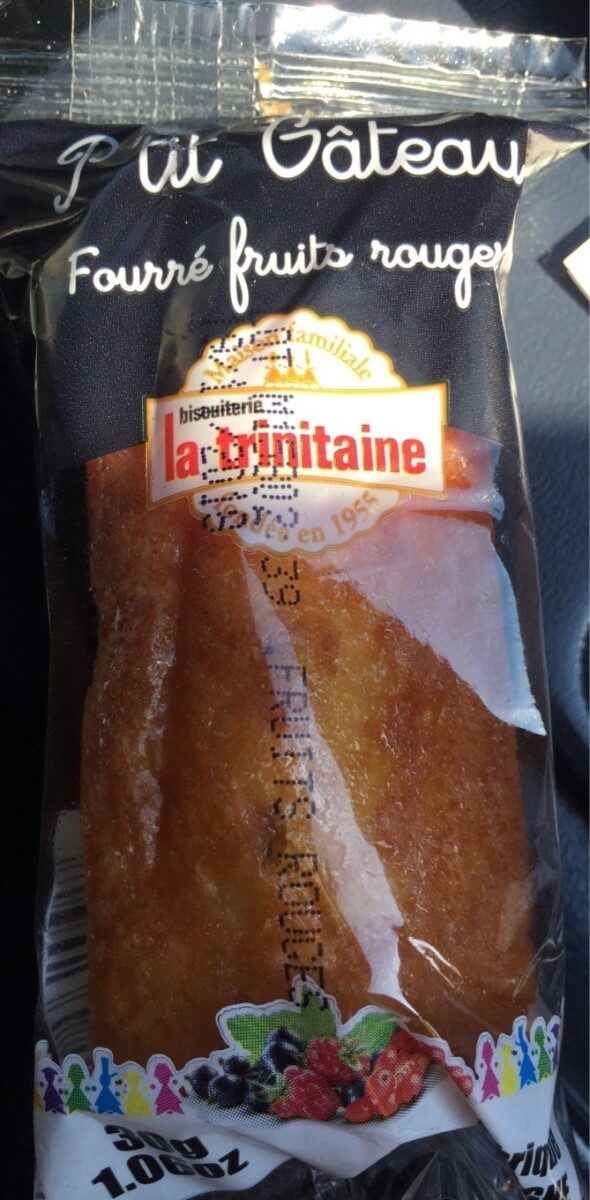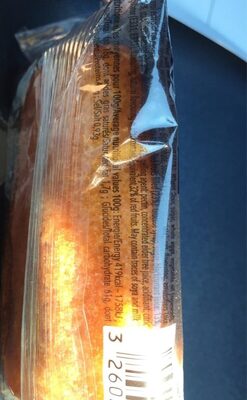P'tit Gâteau - La Trinitaine - 30 g
Important note: this product is no longer sold. The data is kept for reference only. This product does not appear in regular searches and is not taken into account for statistics.
This product page is not complete. You can help to complete it by editing it and adding more data from the photos we have, or by taking more photos using the app for Android or iPhone/iPad. Thank you!
×
Some of the data for this product has been provided directly by the manufacturer Biscuiterie La Trinitaine. - Customer service: contact@latrinitaine.com 0297550204
Barcode: 3260260152872 (EAN / EAN-13)
Quantity: 30 g
Brands: La Trinitaine
Categories: Snacks, Sweet snacks, Biscuits and cakes, Cakes
Labels, certifications, awards:
Green Dot, Made in France
Manufacturing or processing places: France
Link to the product page on the official site of the producer: https://www.latrinitaine.com/p-tits-gate...
Countries where sold: France
Matching with your preferences
Environment
Packaging
Transportation
Report a problem
Data sources
Product added on by kiliweb
Last edit of product page on by org-la-trinitaine.
Product page also edited by beniben, openfoodfacts-contributors, packbot, yuka.VEs4NURQOFpvZlVUaHZRaTJTNksxZEJNK2JxWURHNlBDN01lSVE9PQ, yuka.sY2b0xO6T85zoF3NwEKvlk5IDIru_Q3fKDvutmaC7OuNCZ3ZMNdY4tigNKs.










